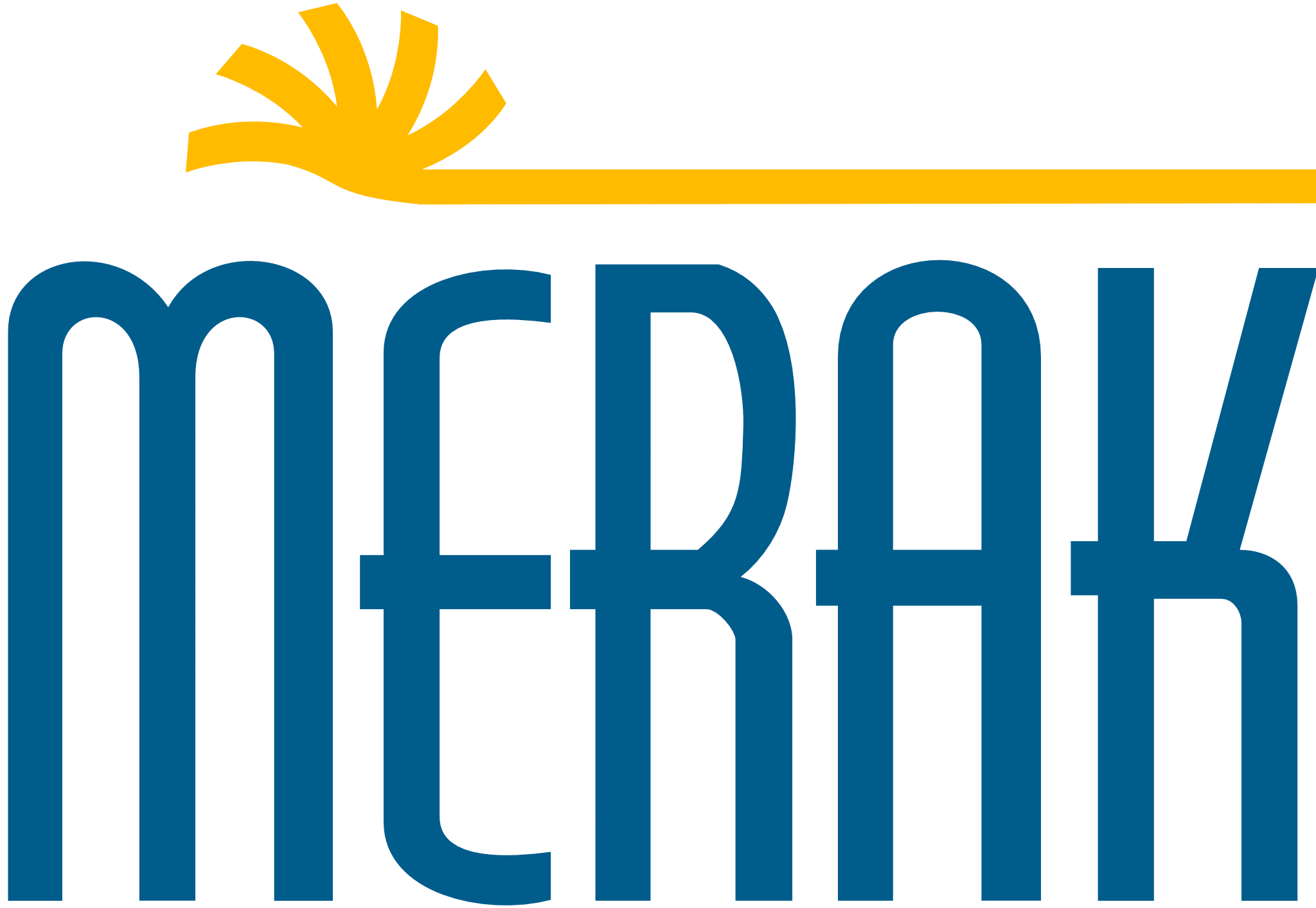Episode 36
In the knowledge economy, there is an unsatiated demand for high skill individuals. Traditionally, education and skill development over one’s career would focus on specialization in a key area (usually beginning and ending with post secondary education), and this would be the differentiator that would provide value for not only the individual but also the employer. The accelerating pace of change is beginning to upend this model, as technology is looking to augment (or, in some narrow cases, fully replace) professions. I am all for using technology to replace mundane and repetitive tasks to free up time and energy, leaving more time to be focused on problems that require more creative skills, however, to remain technology relevant, digital workers must remain knowledge relevant. What does that look like? For this blog, I will focus on the impacts within the business application space.
It is entirely possible over the course of a career that one’s profession will be re-written multiple times. From paper, to spreadsheets, to apps, to A.I., even within my short career I have seen an increasing ramp up in the pace of change. Remember the mobile revolution? It is only a decade or so old. While the outcomes we work for may not change too dramatically, how the work is accomplished is likely to change. We can see this most strikingly through the current revolution in advanced automation and analytics, which is becoming ubiquitous within businesses and is no longer only available to large organizations.

Currently, platforms are dominating the business application space. Combining ease of integration and flexibility of SaaS has revolutionized our workflows. Yes, there is an app for that, and yes it can share its data with other solutions within the same platform. The challenge is first learning how to proficiently use these applications, and then secondly, keeping up with their development. No longer are we refreshing versions every few years, updates now roll out on weekly and monthly schedules. Anyone using Microsoft Teams this year has experienced the fevered pace of change. This ecosystem presents an opportunity for growth, as being proficient with these applications is valuable and could be considered equivalent to having good Excel skills a decade ago.
Sadly, post secondary education is poorly equipped to educate students for this new reality. While students can develop good research, communication, and problem-solving skills through their education, the curriculum cannot be written quickly enough to keep up with industry relevant applications. An industry veteran will lose skill relevance quickly if they stop practicing. It is not the fault of Universities or Colleges, nor the instructors, but the structural differences between the educational institution and the market.
What can be done? It is my opinion that skill quality and diversity will gain more favour over time. Multiple years of experience performing a task that can be learned in a few months represents a lost opportunity. Take an automobile mechanic that spent four years changing tires and very little else. While extremely proficient at this task, if a machine can perform the same role, the mechanic has little else to fall back on, representing both a loss for the individual as well as the employer. Now consider white collar roles: numerous administrative tasks are the equivalent of a mechanic changing tires. Learning new skills is the educational equivalent of paying down technical debt in a development project. If a market change renders a skill obsolete both the employee and the employer must react to a reskilling need. Failing to do so would result in a higher price to pay tomorrow, than if reskilling and learning was part of a regular practice.

There are numerous ways to gain new skills: all it takes is internet access and some motivation. Online courses are far more responsive to market changes, and endless instructional videos on nearly any topic can be found, and forums offer great troubleshooting resources. Likewise, the internet has enabled communities of practice to find each other. Whether you are a strategy/data nut like me, an office administrator, project lead, operations manager, or need help with knitting short rows to shape the perfect sock heel, one can easily find others with similar interest to learn from.
The knowledge economy demands a professional learner. Thanks to automation, more work will shift toward creative tasks and we will be faced with situations where the solution or road ahead is unknown. Being able to quickly gain proficiency in a new area will be invaluable. Likewise, mastery is fleeting as by the time a task can be mastered, its market relevance might be fading. Curiosity is essential, but not everyone in their current role can pursue learning tasks. This is where I suggest baking in learning opportunities into your hobbies through passion projects. Find a problem that you do not know the exact solution and to start tackling it. Once the problem is solved, move onto the next, or solve it again using a different approach. Examples could be using low code applications to task grocery needs at home, sending reminders for approvals at the office, or a checklist/approval request for employees entering the workspace safely during this pandemic.
Last Updated: July 10, 2025



